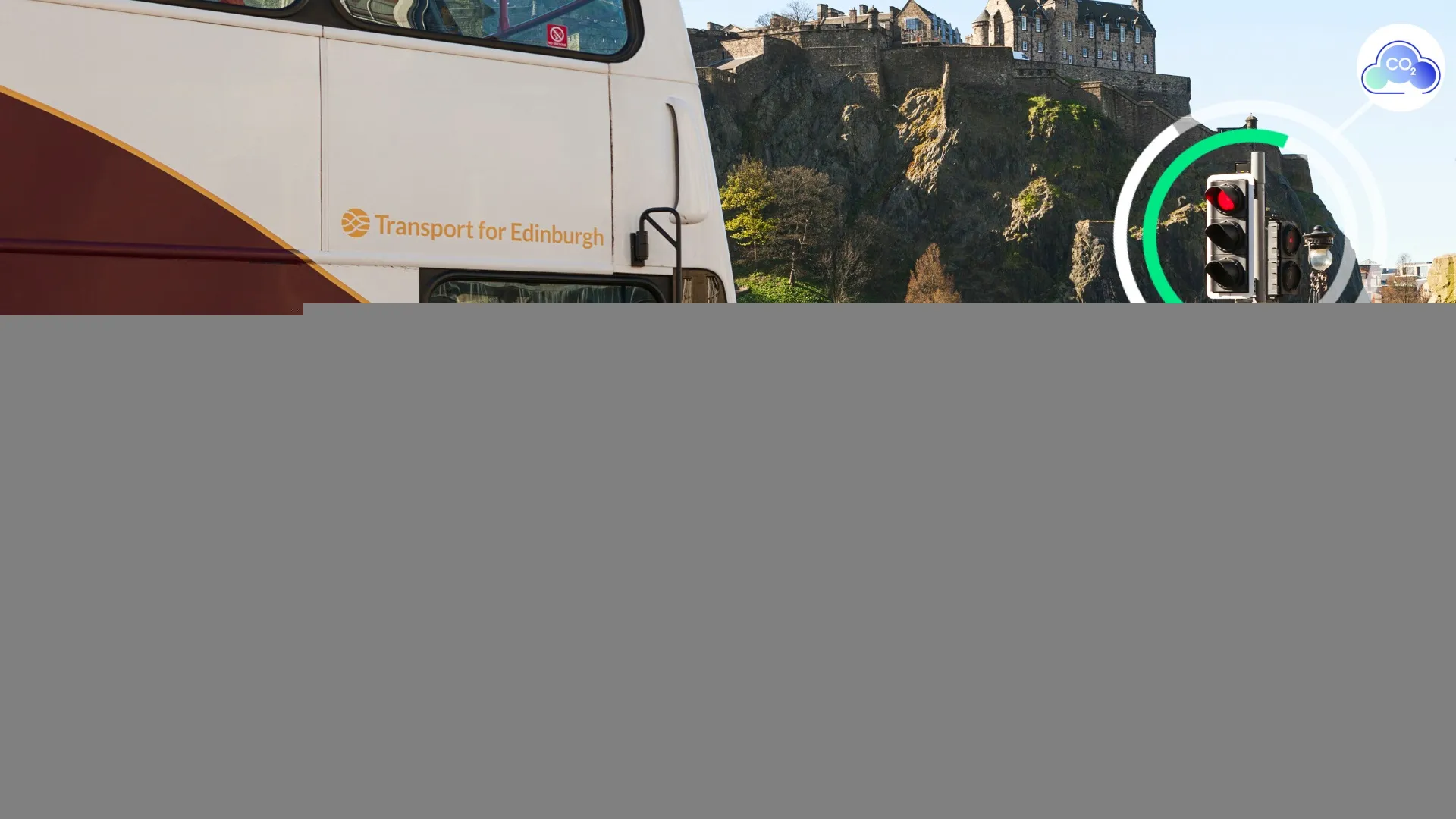
Yunex Traffic is to provide its UTC-UX hosted urban traffic control and Stratos traffic management solutions to City of Edinburgh Council.
The contract - which could run up to 11 years - for the Scottish capital's Intelligent Infrastructure Project, will enable the council "to better manage its road networks, deliver its environmental targets and provide faster, more accurate information to all road users", Yunex says.
Operating directly from an HTML5 web browser, UTC-UX will enable the traffic management team to control and monitor traffic over a wide area, combining traditional traffic control with a host of additional functions, including fixed time and SCOOT adaptive control, public transport priority, emergency vehicle green waves, queue and congestion detection and pollution monitoring.
A number of Stratos elements will be involved, including the Strategy and Disruptions Manager modules, which together provide traffic managers with control solutions for both planned and unplanned disruptions on Edinburgh's road network.
Based on real-time data, strategies will be triggered automatically to improve traffic flows and, as a result, air quality.
The Environment Manager module will also positively impact on air quality, with new sensors being installed across Edinburgh to collect data on prevailing air quality levels, Yunex explains.
Wilke Reints, MD of Yunex Traffic in the UK, said: "We are looking forward to working closely with the Edinburgh team over the course of the whole contract to further expand and enhance the system, as the city's needs and the available technologies both evolve."
Configured within the Stratos Network Performance module will be a Journey Time as a Service (JTaaS) solution, based on data provided by Here Technologies, and integrated with Traffic Scotland data, which will provide a wider view of traffic, and with additional social media channels.
Reints says JTaaS installations deliver "reduced journey times, less congestion and improved air quality".
Edinburgh's Intelligent Infrastructure Project is supported by funding from Scotland's European Regional Development Fund.









